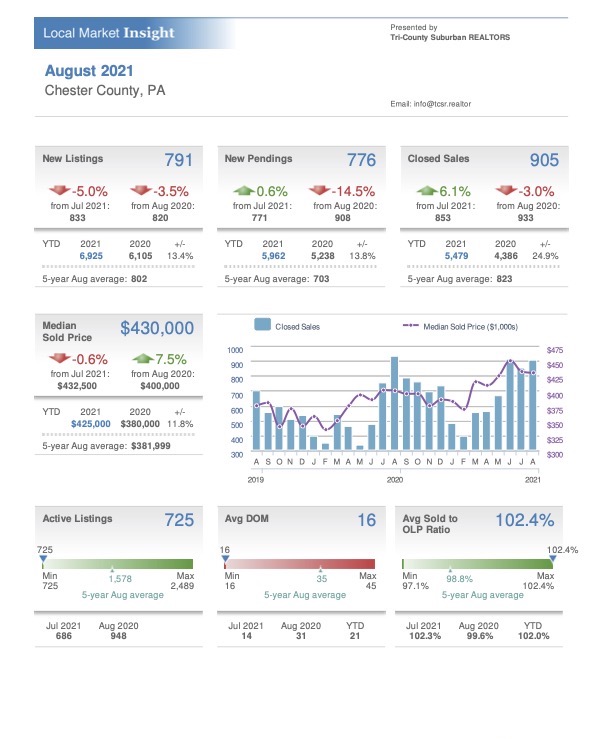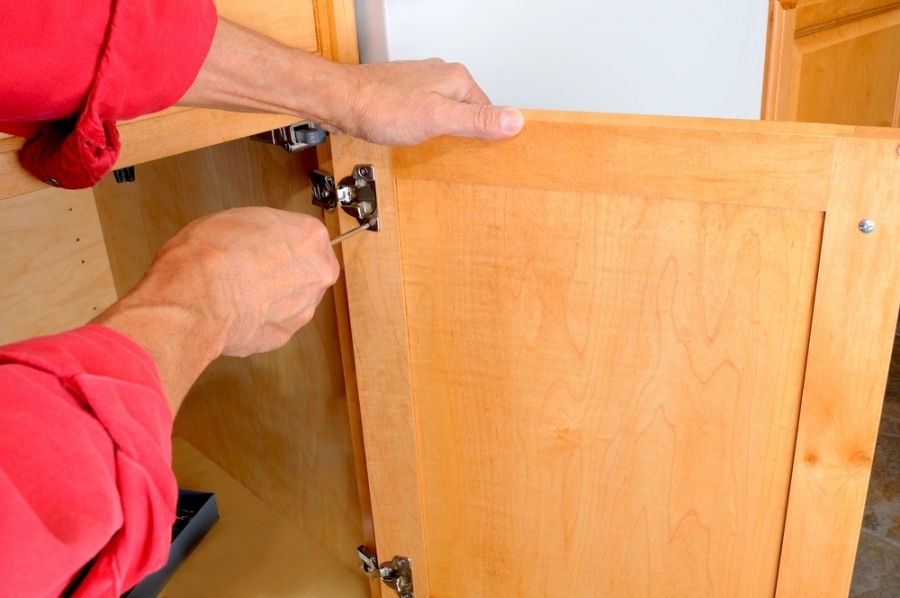Protecting Your Vacant Home For Sale

Moving before your old home sells can cause some anxiety for the property’s safety. Criminals can be savvy these days, and you do not want your home compromised, especially when potential buyers are there for a showing. Besides having interior lights set on timers, window coverings, and motion-sensor outdoor lighting, there are a few more things you can do to add an extra layer of security:
-
The first step is the most obvious: lock all doors and windows. If someone is looking for easy access, they will check every entryway, and if they are locked, they may decide to walk away.
-
-
Before the move, check in with your insurance agent and make sure your homeowners policy covers a vacant house.
-
Ask someone you know and trust to keep an eye on things, especially if your move is long-distance. If you must pay someone, check their references.
-
Find a neighbor who is willing to park their vehicle in your driveway as another safety measure.
-
Continue to maintain the landscaping, preferably by a reputable landscaper, neighbor, friend, or family member.
-
As unlikely as it may seem, the HVAC unit should be secured. Installing a lock on the circuit box will discourage theft and adding a security cage is a plus.
-
Home security systems are more affordable than ever, and you do not necessarily have to pay a monthly service fee to a company. Do some online research and find a system that connects wirelessly and has a coordinating smartphone app. You can keep an eye on things yourself, and if there’s anything suspicious, call your local contact and ask them to check your house for you.
-
Your RealtorⓇ normally provides a lockbox to be placed in an out-of-sight place on the outside of the house. Advancements in technology have made these tools even more secure, including types that record who shows your house and when.
Think of the expense of taking additional precautions as an investment. There is no price tag on peace of mind and protecting your property when you are not present. Another bonus is that the added security could be more incentive to potential buyers, making your home sell sooner!
Courtesy of Chester County PA Realtor Scott Darling.
Photo credit: moving.com

.jpg)
.jpg)










